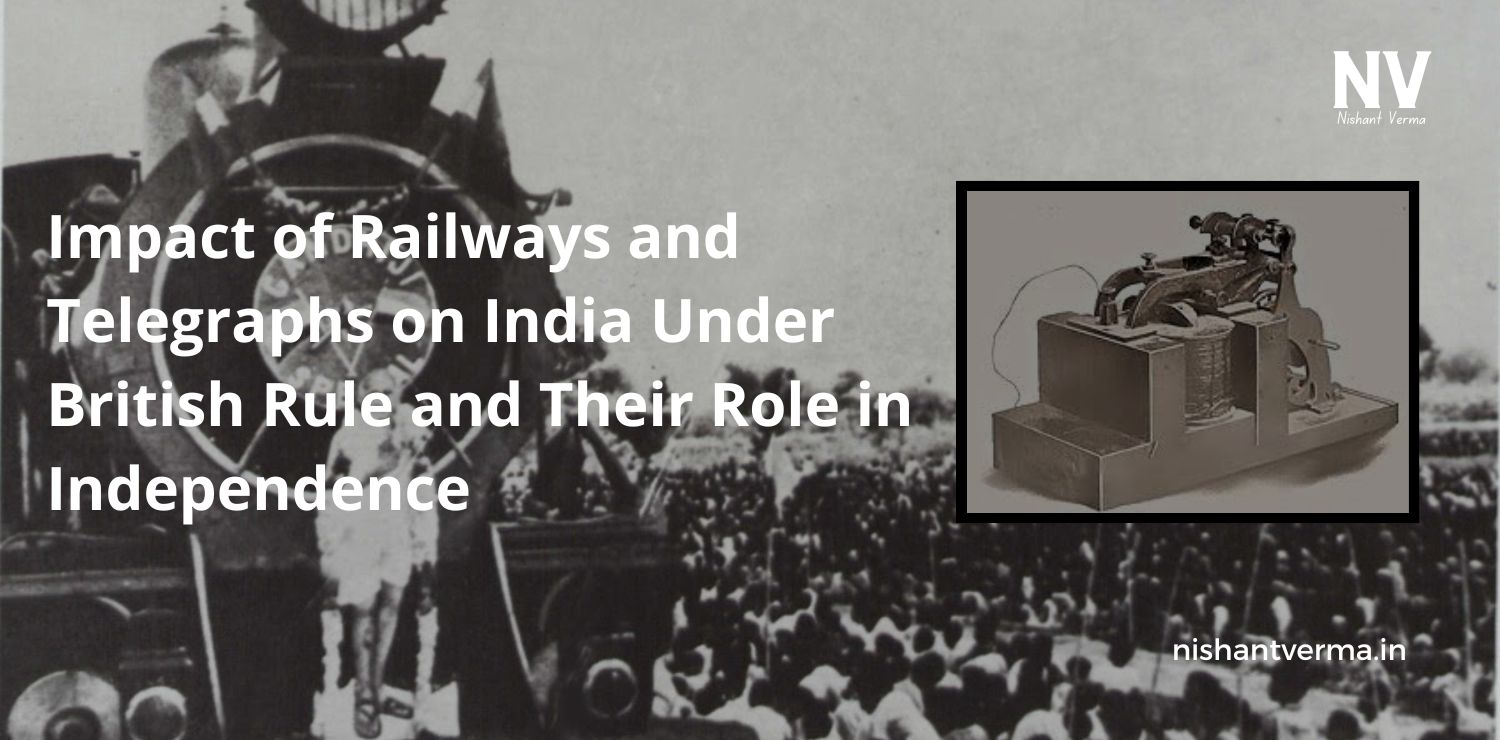Bangalore, known as the Silicon Valley of India, is a city buzzing with energy, innovation, and, most importantly, startups. Walk into any cafe, co-working space, or even a casual restaurant, and chances are you’ll overhear a conversation about funding rounds, venture capital, or seed investments. It’s as if the entire city is wrapped in the excitement of entrepreneurship. The line between a casual coffee meeting and a million-dollar deal is thin, and that’s what makes Bangalore such a unique hub for India Startup Wave.
The startup culture isn’t just a trend—it’s a revolution that’s shaping the future of India’s economy. But why has Bangalore become the epicenter of this movement? And what does this wave of funding mean for the future of entrepreneurship in India?
Bangalore: The Heartbeat of India Startup Wave
Bangalore’s startup scene didn’t emerge overnight. Over the years, the city has developed a robust ecosystem that nurtures innovation and attracts talent from across the country. Home to thousands of startups, from unicorns like Flipkart, Ola, and Swiggy to newly launched ventures, Bangalore has become synonymous with entrepreneurship.
The city offers an ideal environment for startups for several reasons:
- Tech Talent: As home to top engineering colleges and IT giants like Infosys and Wipro, Bangalore has a deep pool of skilled talent, especially in technology.
- Supportive Ecosystem: The city boasts a thriving community of accelerators, incubators, and mentors who provide guidance and support to budding entrepreneurs.
- Access to Investors: Venture capitalists, angel investors, and private equity firms flock to Bangalore, recognizing its potential as a breeding ground for innovative ideas.
- Collaborative Culture: Unlike other major business cities, They fosters a culture of collaboration rather than competition. Entrepreneurs here are more likely to exchange ideas and share experiences, further strengthening the ecosystem.

Coffee and Deals: The Casual Approach to Big Investments
In Bangalore, it’s not uncommon for million-dollar deals to be struck over a cup of coffee. This informal approach to business is part of what makes the city so exciting for startups. Traditional boardroom meetings are being replaced by relaxed conversations in cafes, where entrepreneurs and investors discuss visions, products, and growth potential.
A sip of coffee, a handshake, and a deal could be sealed in the most casual of settings. The informal atmosphere doesn’t take away from the seriousness of the deal; instead, it reflects the confidence and mutual trust that is a cornerstone of Bangalore’s entrepreneurial spirit.
This relaxed culture of deal-making is a reflection of the city’s vibrant, youthful energy. Entrepreneurs don’t feel the need to adhere to corporate formalities. Investors are more interested in the idea, the passion, and the potential for growth rather than how formal the meeting is. It’s an environment that promotes innovation and creativity over rigid processes.
The Wave of Startups in India
The excitement is not limited to the city alone; it’s a reflection of the larger startup wave sweeping across India. The country has become a global hotspot for entrepreneurship, attracting attention from investors worldwide. Startups in India are no longer just about building apps or creating websites—they’re solving real-world problems in sectors like healthcare, education, agriculture, and fintech.
In the last few years, India has witnessed the rise of numerous unicorns (startups valued at over $1 billion). According to reports, India is the third-largest startup ecosystem in the world, behind only the U.S. and China. This explosion of startups is creating jobs, driving economic growth, and positioning India as a global hub for innovation.

Why Funding is Crucial for Startups
In the fast-paced world of startups, funding plays a critical role. Without sufficient capital, even the most promising ideas can falter. Here’s why funding is so important for startups:
- Scaling Operations: Startups need capital to expand their operations, hire more employees, and increase their production capacity.
- Research and Development: Many startups require significant investment in R&D to refine their products or services and bring them to market.
- Marketing and Branding: Creating brand awareness and reaching the right audience is essential for startups, and this often requires a sizable marketing budget.
- Staying Competitive: With so many startups competing in the same space, securing funding can give businesses the resources they need to stay ahead of the competition.
The Different Types of Funding
In Bangalore, you’ll often hear entrepreneurs and investors discussing various funding options. Here’s a breakdown of some common types of startup funding:
- Seed Funding: This is the initial investment provided to help a startup get off the ground. It usually comes from angel investors or early-stage venture capitalists.
- Series A, B, C Funding: As startups grow, they move on to raising more rounds of funding, labeled as Series A, B, and so on. Each round is aimed at scaling the business further, expanding into new markets, or developing new products.
- Venture Capital: Many startups rely on venture capital firms for funding. These firms invest in startups with high growth potential in exchange for equity in the company.
- Angel Investors: Angel investors are typically individuals who provide early-stage funding in exchange for equity. They also often offer mentorship and guidance to the founders.
- Private Equity: For more mature startups, private equity firms provide large sums of money to help them grow or restructure.
The Role of Investors in Bangalore’s Startup Culture
Investors play a crucial role in thriving startup scene. They aren’t just providers of capital—they’re mentors, advisors, and partners in the journey. They have an active community of angel investors and venture capitalists who are always on the lookout for the next big idea. These investors are often experienced entrepreneurs themselves, and they understand the challenges and opportunities that startups face.
In many cases, the relationship between entrepreneurs and investors goes beyond just financial transactions. It’s about building a partnership where the investor believes in the entrepreneur’s vision and is willing to take risks alongside them.
Challenges Faced by Startups in Bangalore
While Bangalore offers an excellent environment for startups, it’s not without challenges. The startup journey is fraught with risks, and not every idea turns into a successful business. Here are some common challenges faced by startups:
- High Competition: With so many startups launching every day, the competition can be fierce. Startups need to differentiate themselves and continuously innovate to stay relevant.
- Burnout: The fast-paced nature of the startup world can lead to burnout among founders and employees. The pressure to raise funds, scale quickly, and meet investor expectations can be overwhelming.
- Regulatory Hurdles: Navigating India’s regulatory environment can be challenging, especially for startups in sectors like fintech, healthcare, and e-commerce.
- Access to Market: While funding may be available, accessing the market and acquiring customers is a significant challenge for many startups.

The Future of Bangalore’s Startup Ecosystem
Despite the challenges, the future of Bangalore’s startup ecosystem looks bright. With increasing support from the government, access to global investors, and a growing pool of talent, This city will continue to be the heartbeat of India’s startup revolution. The city is now attracting international startups and investors, further strengthening its position as a global hub for innovation.
As the city continues to evolve, more deals will be sealed over coffee, more startups will rise, and more entrepreneurs will turn their ideas into successful ventures.
Conclusion
The startup culture is a reflection of India’s entrepreneurial spirit. The casual conversations about funding, the informal meetings, and the rapid pace of innovation make the city a unique place for entrepreneurs and investors alike. The startup wave in India shows no signs of slowing down, and Bangalore is leading the charge. Whether you’re an aspiring entrepreneur or a seasoned investor, there’s no better place to be than Bangalore, where the next big deal might just happen over a cup of coffee.




